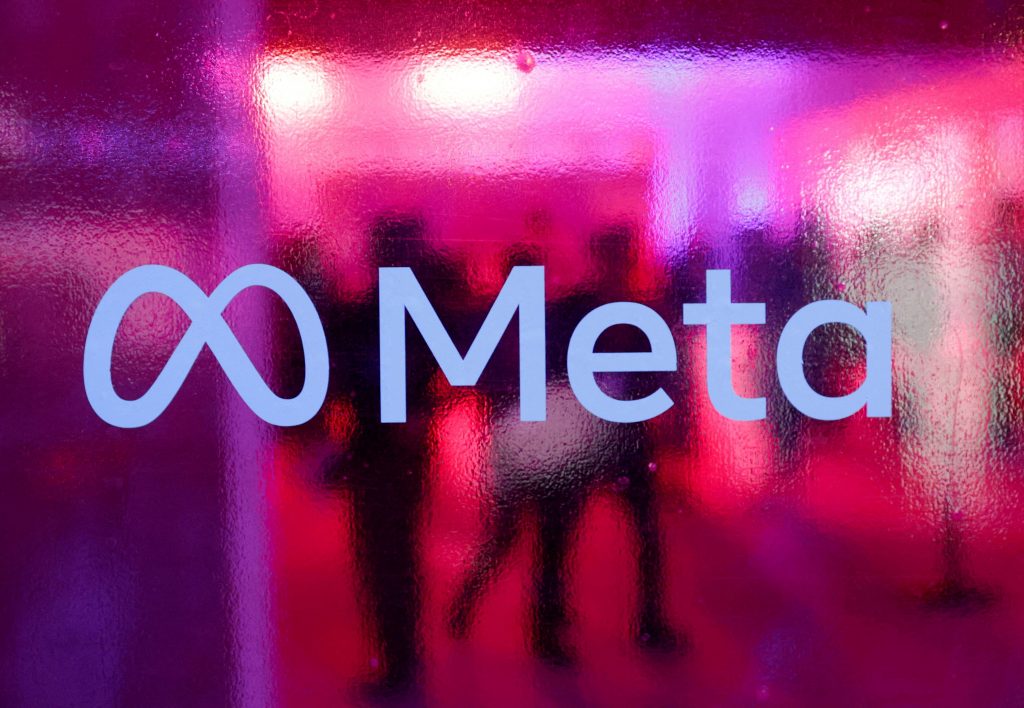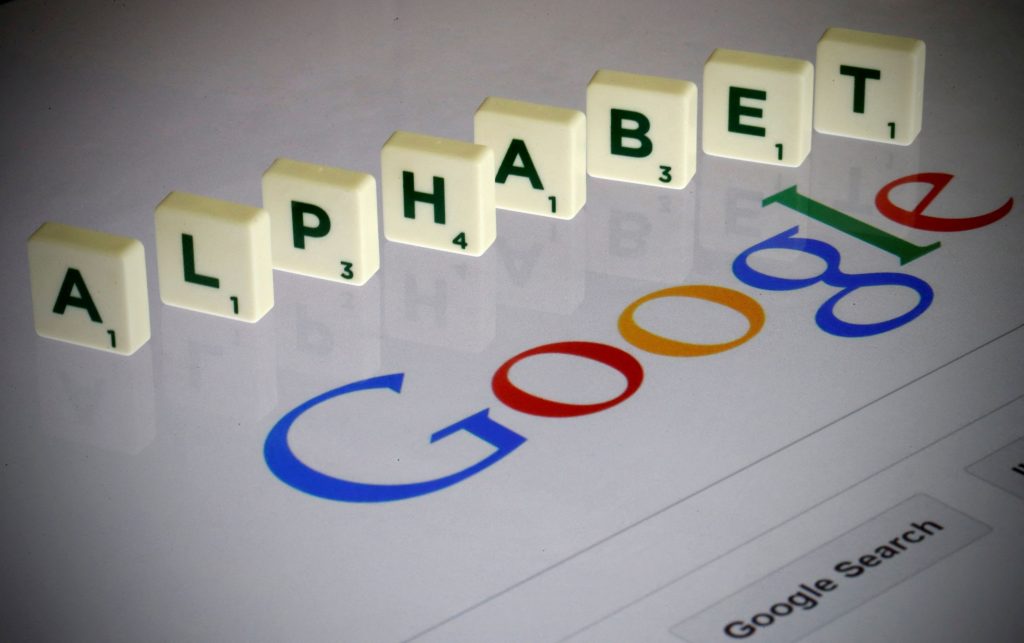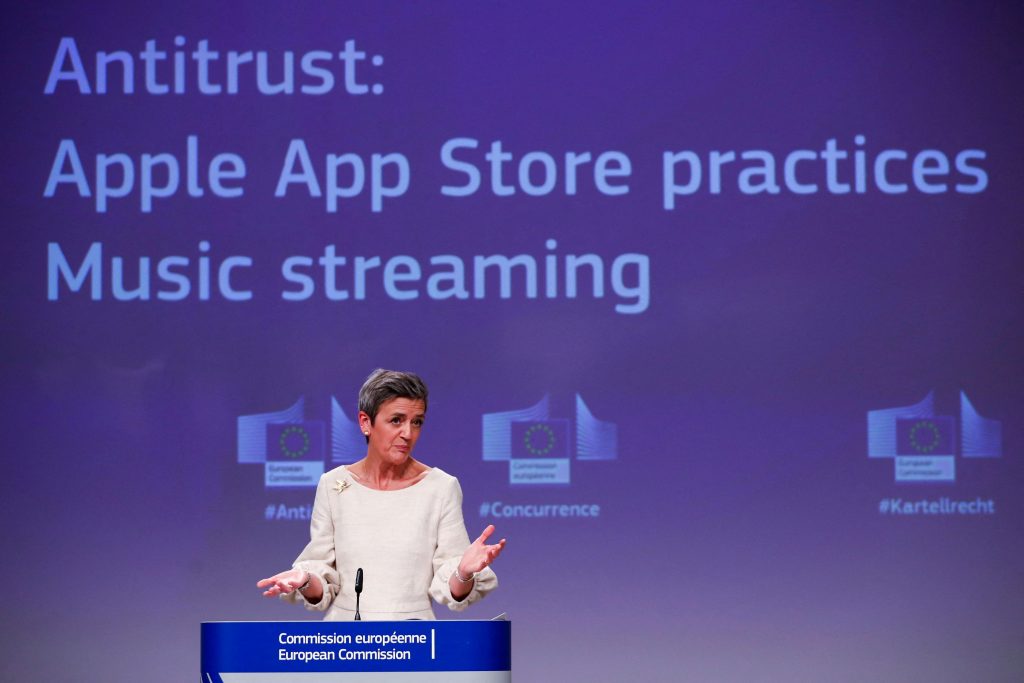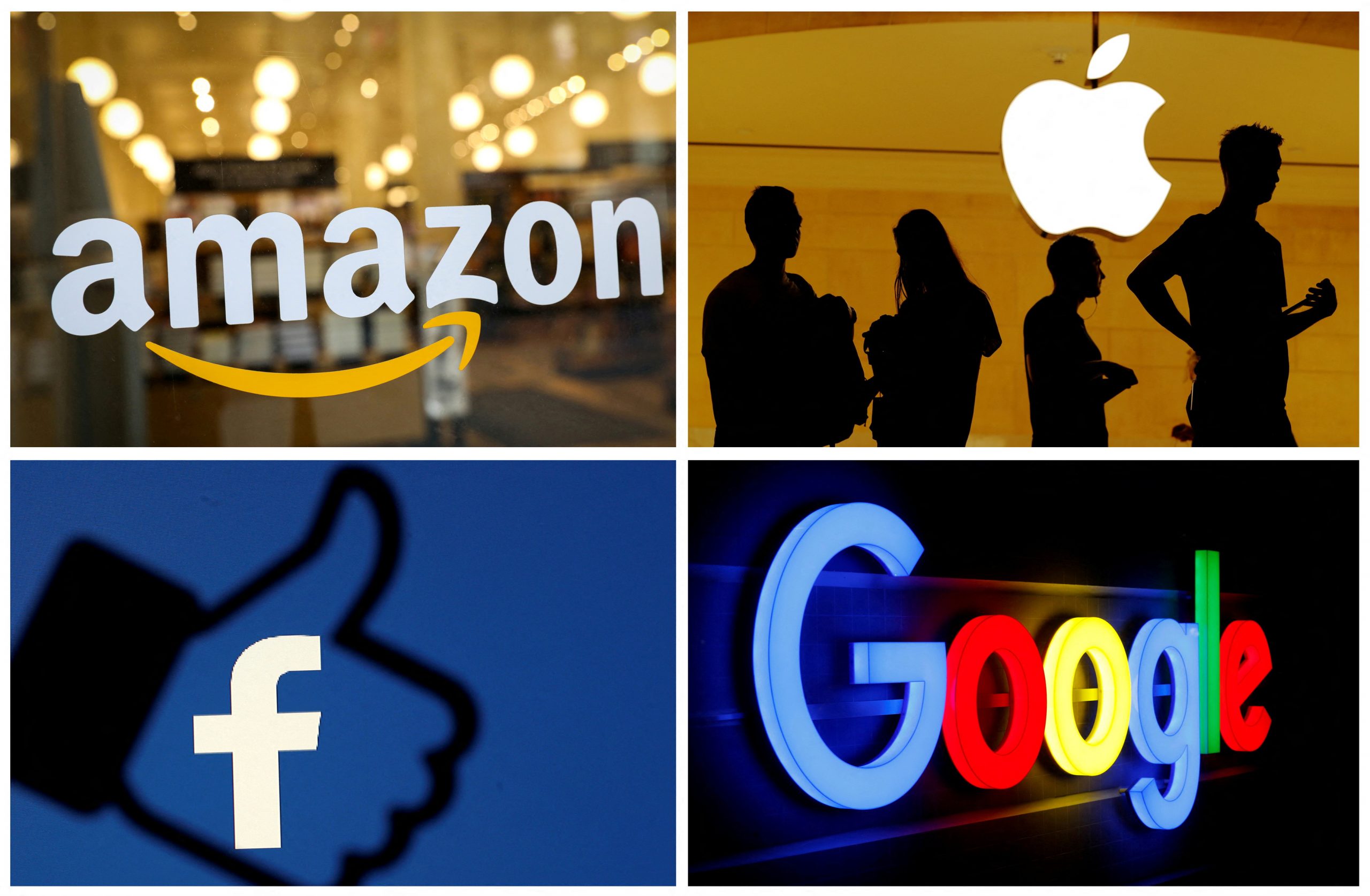Following Canada’s lead, California is reviving efforts to charge Big Tech for using news links on their platforms, raising questions about whether similar legislation will be adopted in other US states and globally.
What has come to be known as the “California Journalism Preservation Act” (CJPA), or Assembly Bill 886, would make advertising giants like Google and Meta pay digital journalism providers a fee when they sell advertising alongside links to news content.
In return, California’s publishers would have to use 70% of those funds to pay journalists and support staff employed by the eligible digital journalism provider, according to the bill’s summary on trackbill.com.
Meanwhile, companies with 5 employees or fewer must spend at least 50% those funds on journalists and staff.
Some California-based media organizations hope that by making Big Tech pay for capitalizing on their content, they will get a new stream of income to boost their bottom line, help keep quality content online, and restore a sense of equity between tech and media.
Canada’s Online News Act
California has been inspired by Canada’s successful efforts to get tech to pay publishers for linking or repurposing their content. The new Canadian legislation, passed in June 2023 is called the Online News Act, or Bill C-18.
As part of the process, Alphabet’s Google has agreed to cough up $100 mln Canadian, or $74 mln usd on an annual basis for including Canadian news on Google in Canada, and the funds will support a wide range of news businesses, explains AP.
At the time, Canada’s Prime Minister Justin Trudeau praised Google for its decision to support journalists and local journalism, and criticized Meta for not participating, saying that it “continues to completely abdicate responsibility towards democratic institutions.”
Meta, the owner of Facebook and Instagram, has been accused by the Canadian government of leaving their platform open to disinformation and misinformation instead of supporting the Canadian news system.
In response to Canada’s law, Meta blocked news content on its platform in Canada, including news articles, videos, and audio, said AP.

FILE PHOTO: People walk behind Meta Platforms logo during a conference in Mumbai, India, September 20, 2023. REUTERS/Francis Mascarenhas/File Photo
Google’s Reaction to California
The CJPA made its rounds among California’s legislators last year, but efforts were shelved when Google and other tech giants pushed back against the legislation, along with media organizations that had varied reactions to the draft bill.
In preparation for the potential passage of the CJPA and its implementation from March 1, 2025, Google has been “flexing” since April by removing links to some of California news sites on a trial basis.
Commenting on the matter, Google’s VP of Global News Partnerships Jaffer Zaidi published a blog post saying, “By helping people find news stories, we help publishers of all sizes grow their audiences at no cost to them. CJPA would up-end that model.”

FILE PHOTO: Letters spell the word “Alphabet” as they are seen on a computer screen with a Google search page in this photo illustration taken in Paris, France, August 11, 2015. REUTERS/Pascal Rossignol/File Photo
And according to Zaidi, “It would favor media conglomerates and hedge funds—who’ve been lobbying for this bill—and could use funds from CJPA to continue to buy up local California newspapers, strip them of journalists, and create more ghost papers’ that operate with a skeleton crew to produce only low-cost, and often low-quality, content.”
Google defended its position, noting that only 2% of Google search queries are news-related and that it already supports news publishers through initiatives like Google News Showcase, which partners with 2,500 publications in 26 countries, and the Google News Initiative, which partners with 7,000 news publishers globally.
In Greece, Google News Showcase launched in late 2023, partnering with nine media organizations to direct readers to full articles on publishers’ websites.
What about Europe?
Neither Canada, nor the US came up with the idea to charge tech for news content. Canada’s efforts were actually based on 2021 Australian legislation requiring companies like Meta and Google to negotiate payments with news companies for their content.
And not long after, Google signed a deal in 2022 to pay more than 300 national, local and specialist news publishers in Germany, France Hungary, Austria, the Netherlands and Ireland for their content, according to Reuters.
Since then, news over the role of big tech in Europe has been overshadowed by the EU’s Digital Markets Act (DMA), which aims to make markets in the digital sector “fairer and more contestable.”
The DMA, effective from March 2024, focuses on “gatekeepers,” large digital platforms providing core services like online search engines, app stores, and messenger services.

FILE PHOTO: European Commissioner for Europe fit for the Digital Age Margrethe Vestager speaks during an online news conference on Apple anti trust case at the EU headquarters in Brussels, Belgium April 30, 2021. Francisco Seco/Pool via REUTERS/File Photo
While the DMA does not establish a pay-to-link structure, it sets rules regulating gatekeeper behavior, such as allowing businesses to access data they generate on the gatekeeper’s platform and restricting gatekeepers from favoring their own services in rankings.
And since the passage of DMA, Europe has been working to implement and enforce the complex act, a task that many fear is out of the EU’s league.
That being said, the EU has just alerted Apple that it is the first company potentially in breach of the landmark digital law, due to how Apple runs its app store, putting the company at risk of a fine upwards of $38 billion USD.




